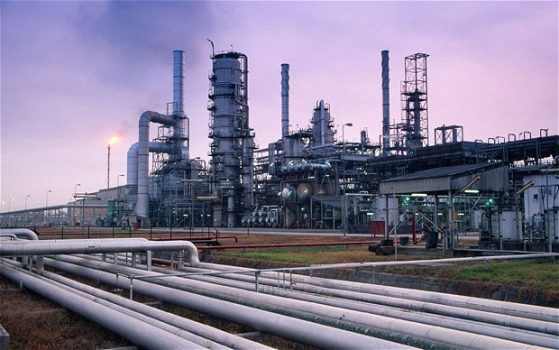 The Federal Government of Nigeria says should the prices of oil continue to dip, it may be difficult for the country to fund next year’s ₦8.73 trillion budget.
The Federal Government of Nigeria says should the prices of oil continue to dip, it may be difficult for the country to fund next year’s ₦8.73 trillion budget.
This is as Brent declined 2.01 per cent to $58.41 a barrel on Tuesday on the back of global equity sell-offs and continued concerns that the Organization of Petroleum Exporting Countries (OPEC)/non-OPEC cuts may not be enough to rebalance an oversupplied market.
The plunge which saw oil price slip down 51 cents (or nearly one per cent) at $59.77 per barrel after it earlier rose as high as $61.21 on Monday, has created fears of a slowing global economic growth.
The 2019 budget proposal which was billed for presentation on Wednesday by President Muhammadu Buhari to the joint session of the National Assembly was prepared on an oil price benchmark of $60 per barrel.
The government is proposing $56.5 per barrel for 2020 and $56.5 for 2021with oil production estimated at 2.3 million barrels per day (mbpd), 2.44 mbpd and 2.62mbpd for 2019, 2020 and 2021.
The exchange rate is projected at ₦305 to $1 for the three years while inflation remained almost constant at 9.98 for 2019, 9.43 for 2020 and 9.58 for 2021 as against 11.78 for 2018.
The oil benchmark for this year’s budget was initially put at $45 but later raised to $51 per barrel by the National Assembly.

NNPC Ltd Enters Final Stages Of Preparation For Public Listing
Dangote Refinery Halts Naira Sales, Cites Dollar-Denominated Crude Costs
Court Orders Arraignment Of Ex-First Bank Executives Over Alleged ₦12.3Bn Fraud
Renaissance Energy Completes Landmark Acquisition Of SPDC